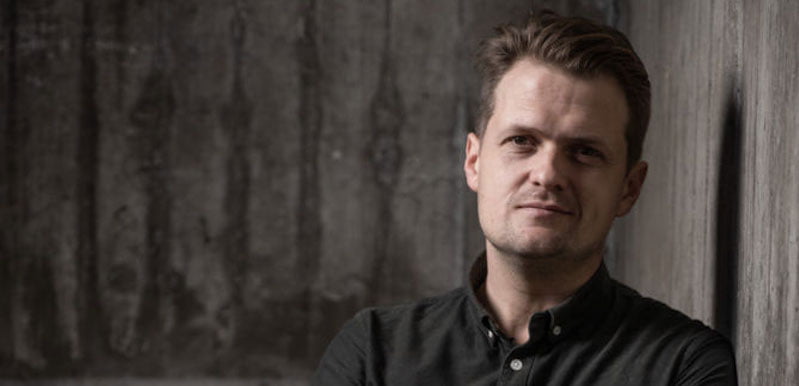Primavera reflects on challenging post-pandemic comeback
After a two-year hiatus, the Barcelona festival returned with its biggest and most challenging edition yet
By IQ on 14 Jun 2022

Dua Lipa performed at Primavera Sound 2022
image © Christian Bertrand
Primavera Sound has closed the biggest edition in its 20-year history, having welcomed nearly half a million people to the Spanish city of Barcelona.
The 20th-anniversary event saw more than 400 artists perform across two weekends (2–4 June and 9–11 June) for what was a bumper edition of the festival.
According to the organisers, the extended edition will have an economic impact in Barcelona of €349 million after bringing together nearly half a million attendees.
After two relatively festival-free summers, Primavera is one of the first major European live music events to take place in the first ‘post-pandemic’ festival season.
“I don’t think I’ve ever witnessed so much love from the artists – everyone was thrilled,” Primavera Sound’s Marta Pallarès told IQ. “Everyone was saying this was the best show they’ve played.”
“I don’t think I’ve ever witnessed so much love from the artists”
But being first out of the gates was both rewarding and exhausting, says Pallarès, who recounts a raft of post-pandemic teething problems ranging from illnesses to overcrowding and licencing to staff shortages.
The Strokes, Bleachers, Bikini Kill, Clairo, Holly Humberstone, Pink Pantheress and Massive Attack were among the acts forced to pull out of performances due to illnesses – Covid and otherwise.
“Musicians are athletes and they have been out of training,” says Pallarès. “Ours was the first festival of the whole season after three years of not playing so it’s understandable that teams are rusty and health is not up to scratch. Artists are trying to run a marathon when they haven’t even lifted five kilos.”
Covid also struck down a large chunk of Primavera’s hospitality team which, in turn, caused a whole host of issues during weekend one, predominantly large queues for bars.
Attendees of that weekend also complained of lack of access to water in high temperatures as well as overcrowded stages. Pallarès explained that the latter was due to licencing issues, which impacted the festival’s site layout.
“I think that we just forgot how music festivals used to be”
“The festival is split across two towns, Barcelona and Sant Adrià, where the beach area is,” says Pallarès. “We were going to have a very big stage in the beach area that would help spread people throughout the venue but two months before the festival, Sant Adrià town hall said that they wouldn’t give us a licence for 30,000 people and they reduced it to just 15,000. Then we weren’t able to put the big stage with the big acts in that area, so people really didn’t go to that area of the festival much.
“That meant that the beach was empty and you could get a beer just like that while the main site was completely full. So we moved waiters from that area to the main area, we hired more people, and we restructured a little bit.”
As for the issue with water, the festival added three stations where staff distributed water for free, which also helped ease queues at the bars.
While the festival apologised for the issues caused, Pallarès wonders if festivalgoers are simply not used to the festival experience after two years of enforced downtime.
“I think that we just forgot how music festivals used to be,” she says. “We’ve had two years of being at home, where you could go to your fridge and get a beer and your toilet is your own and you don’t have anyone around you.
“I think that other festivals will face the same challenges we faced”
“I understand the frustration of people saying I’ve been looking forward to this for three years and I lost one hour of my life for a beer but it’s about overcoming that and I think that in the end, everyone was so happy.
“We are always the first festival of the season so I’m curious to see how this season evolves because I think that other festivals will face the same challenges we faced – it’s a difficult season,” she says.
One issue that many other festivals are sure to face is the cost of labour and materials, which Pallarès says are “crazy high” this year. As Primavera was sold out last year, the organisers were not able to boost ticket prices in line with inflation, nor did the event receive any kind of financial help from the town hall in Barcelona.
However, with the help of branding and sponsorship, along with audience loyalty, Pallarès says the festival is doing better than ever.
In fact, this year Primavera will launch new editions in Los Angeles, São Paulo, Santiago de Chile and Buenos Aires. And, next year, the flagship festival will continue with a two-weekend format, with the first in Barcelona and the second in Madrid.
When IQ asks Pallarès what the secret to Primavera’s audience loyalty is, she replies “a consistent booking philosophy”. “The perfect day at Primavera would include seeing: an act that you’ve always loved and you’ve never been able to see, an act that becomes your new favourite band, an act that challenges you, and an act which delivers a massive amount of fun,” she says.
That booking philosophy is bolstered by a commitment to gender-balanced lineups, with this year’s headliners including Dua Lipa, Megan Thee Stallion, Lorde, Jorja Smith and The Yeah Yeah Yeahs.
Get more stories like this in your inbox by signing up for IQ Index, IQ’s free email digest of essential live music industry news.



